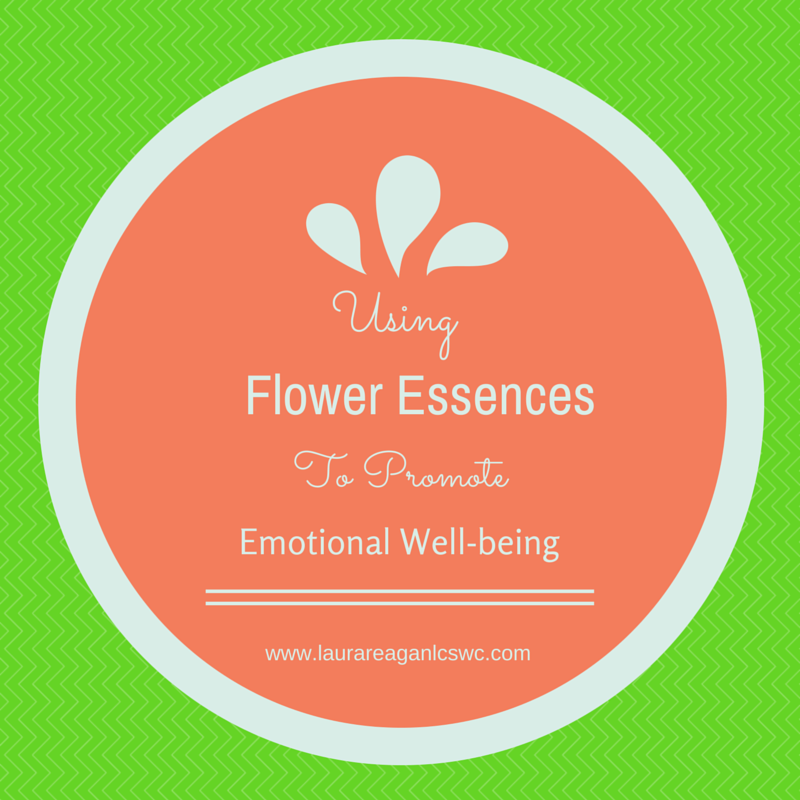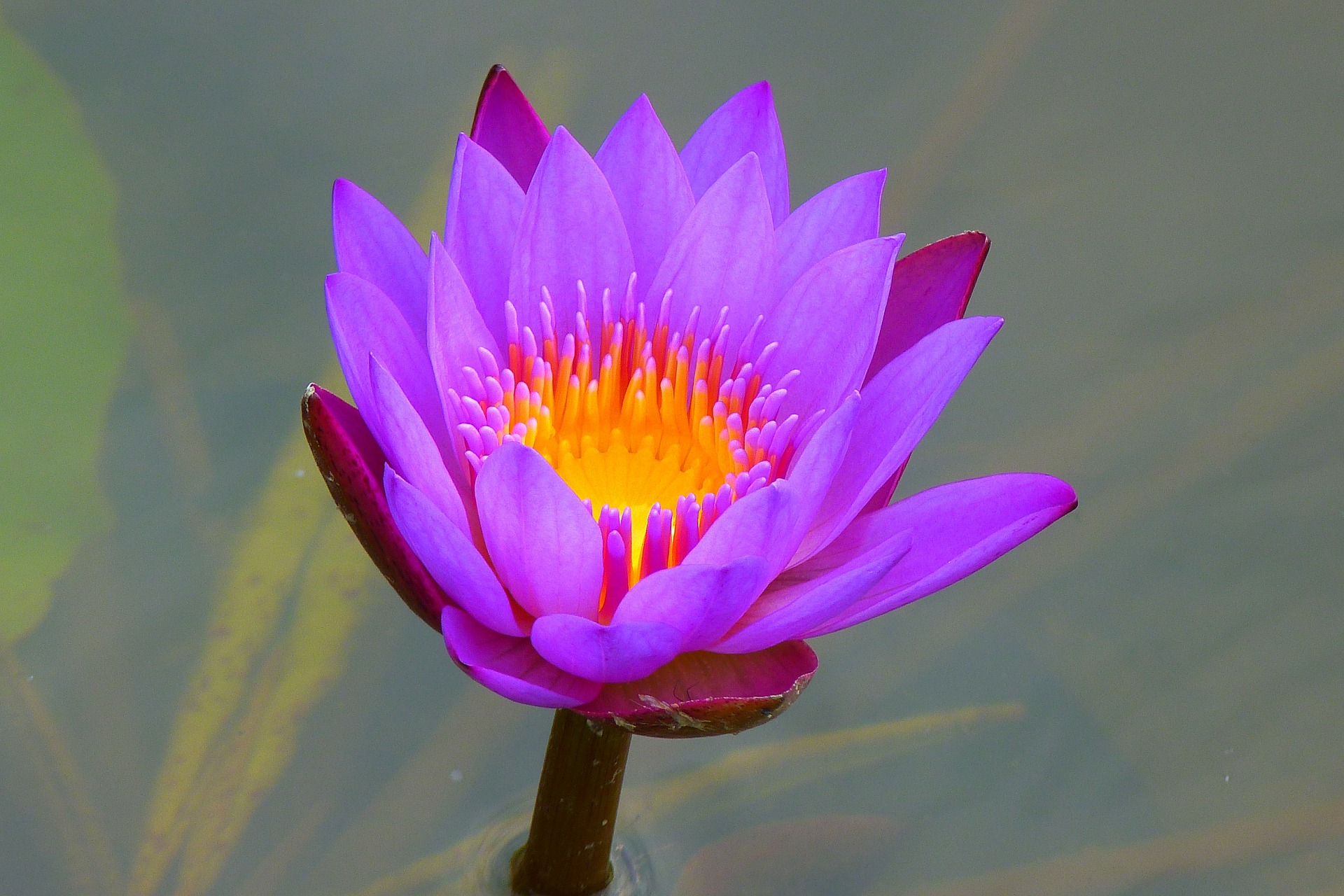This installment of the blog series on holistic methods complementing traditional talk therapy includes an interview with local healer Beth Terrence, who is a Holistic Health Practitioner, Shaman, recovery coach and offers many wonderful one on one and group experiences to help you on your life's journey. I attended one of Beth's workshops and for me it was a very meaningful experience that I'd recommend to anyone. Today Beth agreed to be interviewed about her work as a Bach Flower Registered Practitioner.
If you're not familiar with Bach Flower Remedies (I wasn't), you can find more information about these homeopathic remedies here. The British Homeopathic Association provides information about them at this link. Read on below the image for Beth's interview!
Tell me about your work. What are Bach Flower Remedies?
I have been working in the field of Holistic Health and Wellness for over nineteen years providing Integrative Holistic Healing Sessions & Programs for individuals, groups and organizations.
The Bach Flower Remedies are a flower essence system that supports emotional balance and wellbeing. Created by British Dr. Edward Bach, the system is comprised of 38 flower essences used in conjunction with spiritual and holistic healing principles. Dr. Bach understood the importance of treating the whole person, not just their disease.
Early in his career, Dr. Bach observed how an individual’s emotional state and personality traits affected their health even on a physical level. He was also very attuned to nature and able to correlate the energies of different flowers with various emotional states. The remedies work vibrationally; similarly to homeopathic medicine.
What benefits are expected with Bach Flower Remedies? Are there any risks? Who is a good candidate for Bach Flower Remedies? Who should not participate in treatment with Bach Flower Remedies?
The Bach Flower Remedies support the process of transformation on many levels. Essentially, they help to transmute emotions and long-held patterns that are out of balance; and to foster positive emotions and new healthier patterns for living. Some areas the Bach Flower Remedies may provide support in addressing include:
• Life Transitions
• Loss/Grief
• Trauma/Abuse
• Anxiety
• Depression
• Life Direction & Purpose
• Energetic & Emotional Sensitivity
• Fatigue
• ADD/ADHD
• Self-Confidence
The Bach Flower Remedies are gentle and effective; there are no side effects and they can do no harm. The remedies can be beneficial for adults, teens, children, pregnant women, babies and animals. As treatment remedies are customized for the individual, responses vary but often include:
• a greater sense of balance
• a more positive attitude
• a release of feelings, patterns and beliefs that no longer serve
• feeling more able to move fluidly in the world
• having healthier relationships
• feeling more joy and ease of well-being.
Many people who come to me for therapy services are affected by trauma, anxiety and depression. How do Bach Flower Remedies help people with these issues?
Of the 38 Bach Flower Remedies, there are quite a few that address trauma, anxiety and depression specifically. The beauty of the remedies is that they support the individual and how these challenges manifest for them personally. For instance, if depression is a concern, we might explore the following questions:
• Do you feel a sense of discouragement from setbacks, delays, failures or difficulties? Are you feeling despondent?
• Do you feel hopeless?
• Are you experiencing sadness, loss or grief? Have you experienced trauma recently or in the past?
• Do you have a black cloud depression that comes and goes for no known reason?
• Do you feel a sense of anguish as if you can't bear anymore? Do you cry uncontrollably?
During evaluation, practitioner and client are working collaboratively to determine core issues and the best treatment remedies for that time. Usually, a combination of 5 - 7 remedies is blended, which are taken orally or through a topical spray for 3 - 4 weeks. Depending on the person and the length of the patterns, a number of treatment periods may be needed to support a shift.
What else do you want people to know about yourself and the services you offer?
People often ask me how I came to work with the Bach Flower Remedies. They were one of the most important holistic tools that helped me in my recovery initially from Fibromyalgia and ultimately from the effects of Trauma on my life. Through my own healing journey, I discovered the importance of exploring a variety of holistic tools to find those that best supported me in the change and healing I was trying to create.
I offer Integrative Holistic Healing Programs to assist others in their journey of transformation. I have found an Integrative Approach supports each individual in understanding where they are and in moving towards where they would like to be. The foundational tools of my practice include The Bach Flower Remedies, Shamanic Healing and Body/EnergyTherapies such as Zero Balancing. Additional modalities may be incorporated depending on individual focus and needs. Sessions are available in Annapolis, MD or by Phone/Skype. I also offer classes and workshops locally in the MD/DC area and virtually by teleseminar.
Want to learn more from Beth? Click here to listen to "Beat The Seasonal Blues With The Bach Flower Remedies" on Soundcloud.
Beth Terrence is a trained Shaman, Holistic Health Practitioner, Speaker, Writer & Recovery Coach. She is a Bach Flower Registered Practitioner with the Bach Centre in the UK. Beth has been working in the field of holistic healing and transformation for over nineteen years. Her mission is to support others in living a heart-centered, balanced and joyful life through discovering the healer within. To learn more, visit www.bethterrence.com or contact Beth at 443-223-0838 to explore what’s possible!
I'm honored that Beth was willing to be interviewed about the helpful services she offers in Annapolis and virtually. I hope you learned something new, as I did!
If you'd like to read more of this series and other news I share, subscribe to my newsletter, follow me on Twitter, Facebook and Pinterest!







